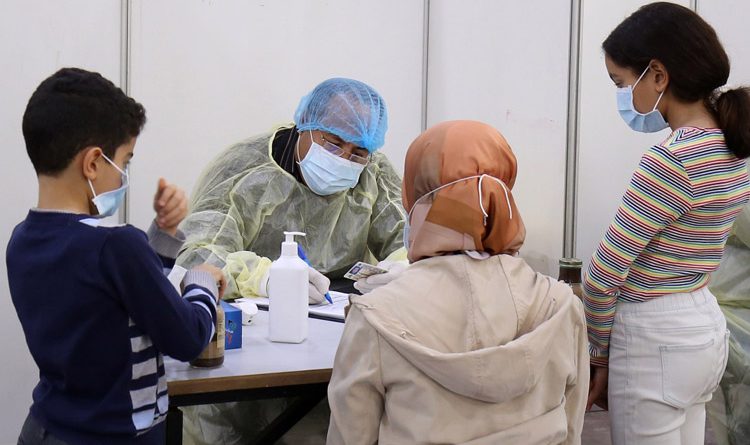Saudis told to stay home as Bahrain reports Gulf’s first coronavirus death
Dubai (Reuters) – Bahrain reported the Arab Gulf’s first death from the coronavirus on Monday and Saudi Arabia urged its citizens to stay at home, as the region broadened measures to shield populations and economies from the outbreak.
Qatar, where most of the population is made up of expatriates, reported 38 new cases including three Qataris who had been in Europe, state news agency QNA said. This took Qatar’s tally to 439 and the total number of infections in the six-nation Gulf Cooperation Council to 1,042.
Member states have restricted entry and movement.
Saudi Arabia, which along with Kuwait suspended all international flights and closed most public spaces, said it was considering suspending work for the private sector after doing so for the government sector, except health and security.
“We hope citizens will stay at home and not go out unless needed,” Saudi Health Minister Tawfiq Al Rabiah told a news conference on Monday.
The kingdom, which announced 15 new cases on Monday, ordered the private sector to give two-week mandatory sick leave for pregnant women and employees with conditions that leave them vulnerable, state media reported.
The 65-year-old Bahraini woman who died from the coronavirus had underlying health conditions, Bahrain’s health ministry said on Twitter.
Dozens of Bahrain’s reported 227 cases were among citizens evacuated from Iran last week. A health ministry press conference said the deceased woman was among those evacuees from Iran.
Bahrain state media on Sunday showed footage of a quarantine center set up on a barren island connected to the mainland by a causeway. Dozens of beds ready for patients lined large marquees with air conditioning units, cupboards and colorful carpets.
A ministry of health official also told the press conference that the hundreds of prisoners pardoned and released by Bahraini authorities last week had been tested and found to be clear of the virus. Rights groups linked the releases to efforts to contain the spread of the virus.
Across the Gulf, patriotic Twitter hashtags and social media images circulated with the phrase “We are all at home for the sake of …” using the relevant Gulf country and its flag.
Gulf Arab states have announced stimulus packages and incentives for the private sector to mitigate the impact on their economies from the outbreak, which has disrupted global travel and led to lockdowns in many countries.
The central banks of Qatar, Saudi Arabia, the UAE, Bahrain and Kuwait cut benchmark interest rates on Monday.
The UAE health ministry on Monday ordered the temporary suspension of wedding celebrations and other social parties for four weeks as of Wednesday, state news agency WAM said. It also banned prayers at houses of worship including mosques.
The government earlier issued a tweet reassuring people about supplies of goods after a rush on supermarkets.
Dubai, the region’s tourism and business hub, ordered bars and lounges to close until the end of March, according to a government circular issued on Monday. Authorities also ordered desert and cruise tour operators to stop work.
Dubai and Abu Dhabi have closed gyms, public gardens, arcades and spas as well as stock market trading halls.
While restaurants remain open in the UAE, other Gulf states are now permitting only food delivery. Qatar on Monday banned people from eating at restaurants and cafes, state media said, joining Kuwait and Saudi Arabia in doing so.
Oman on Monday suspended public Friday Muslim prayers and canceled all non-urgent surgery in hospitals.
Many of the coronavirus cases in the Gulf are linked to travel with Iran, which has recorded 853 deaths and 14,991 infections. Iranian President Hassan Rouhani issued a new appeal on Monday for people to avoid unnecessary trips.
The UAE sent two planes carrying 32 tonnes of medical supplies, including gloves and surgical masks, to Iran on Monday, the UAE government said in a Twitter post.



